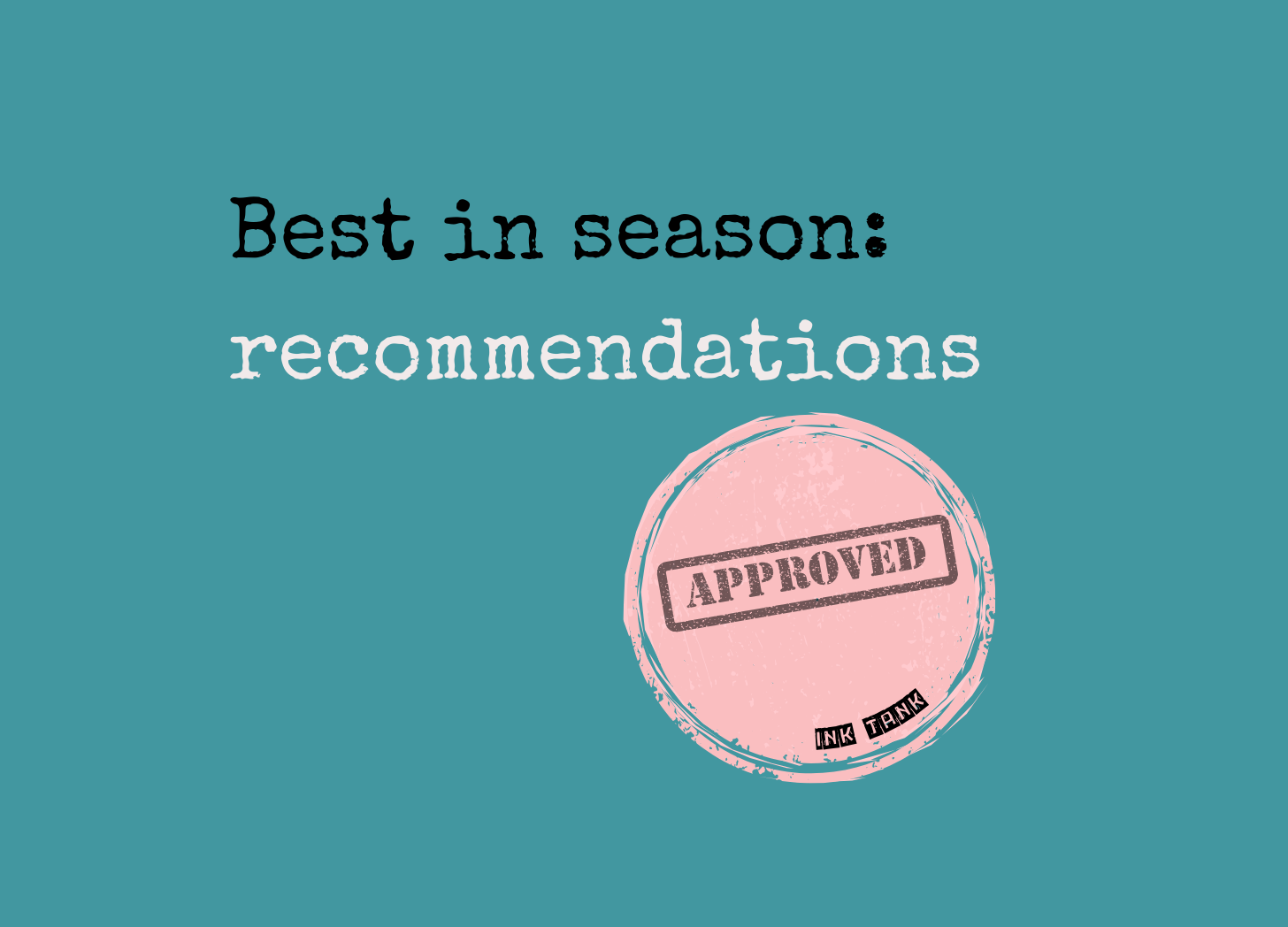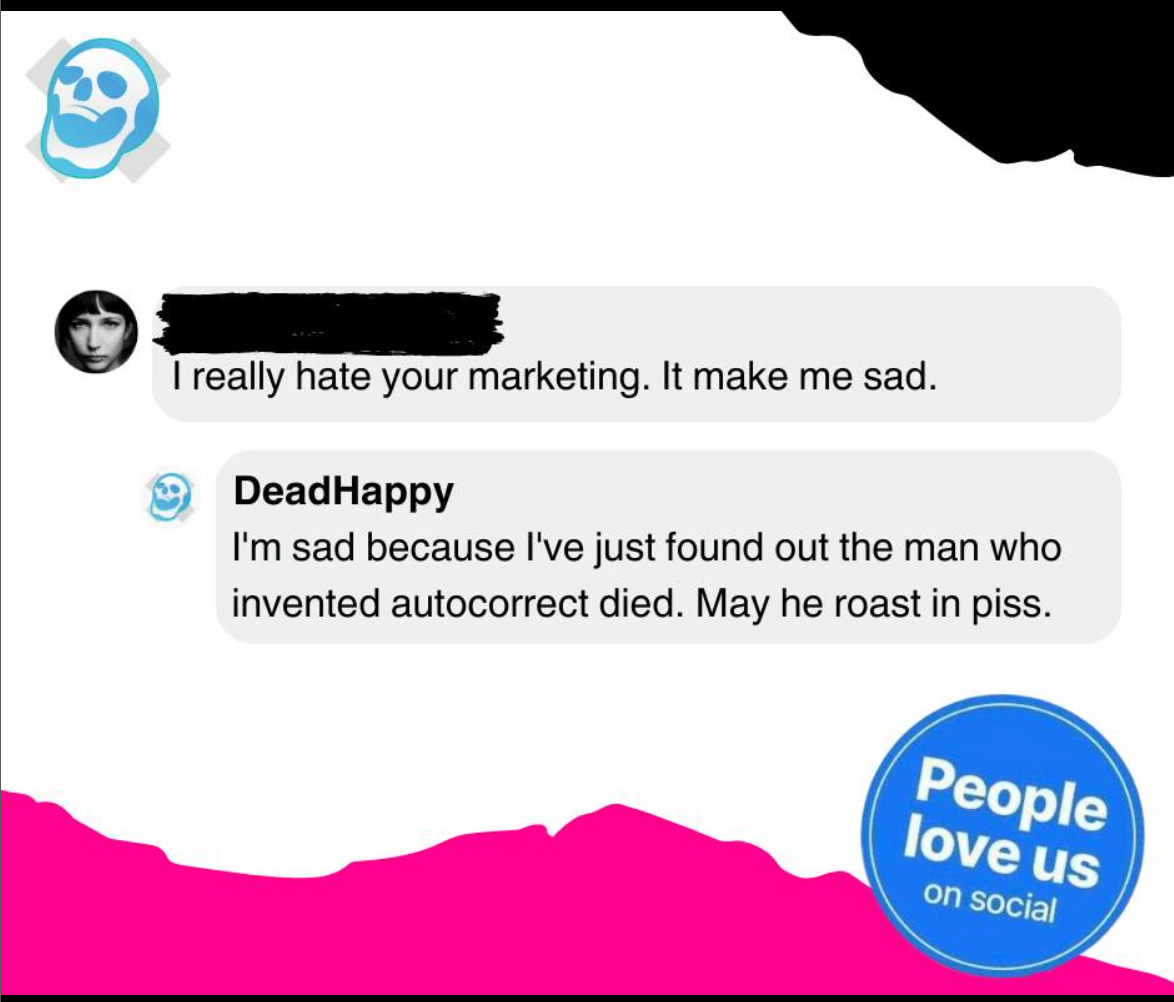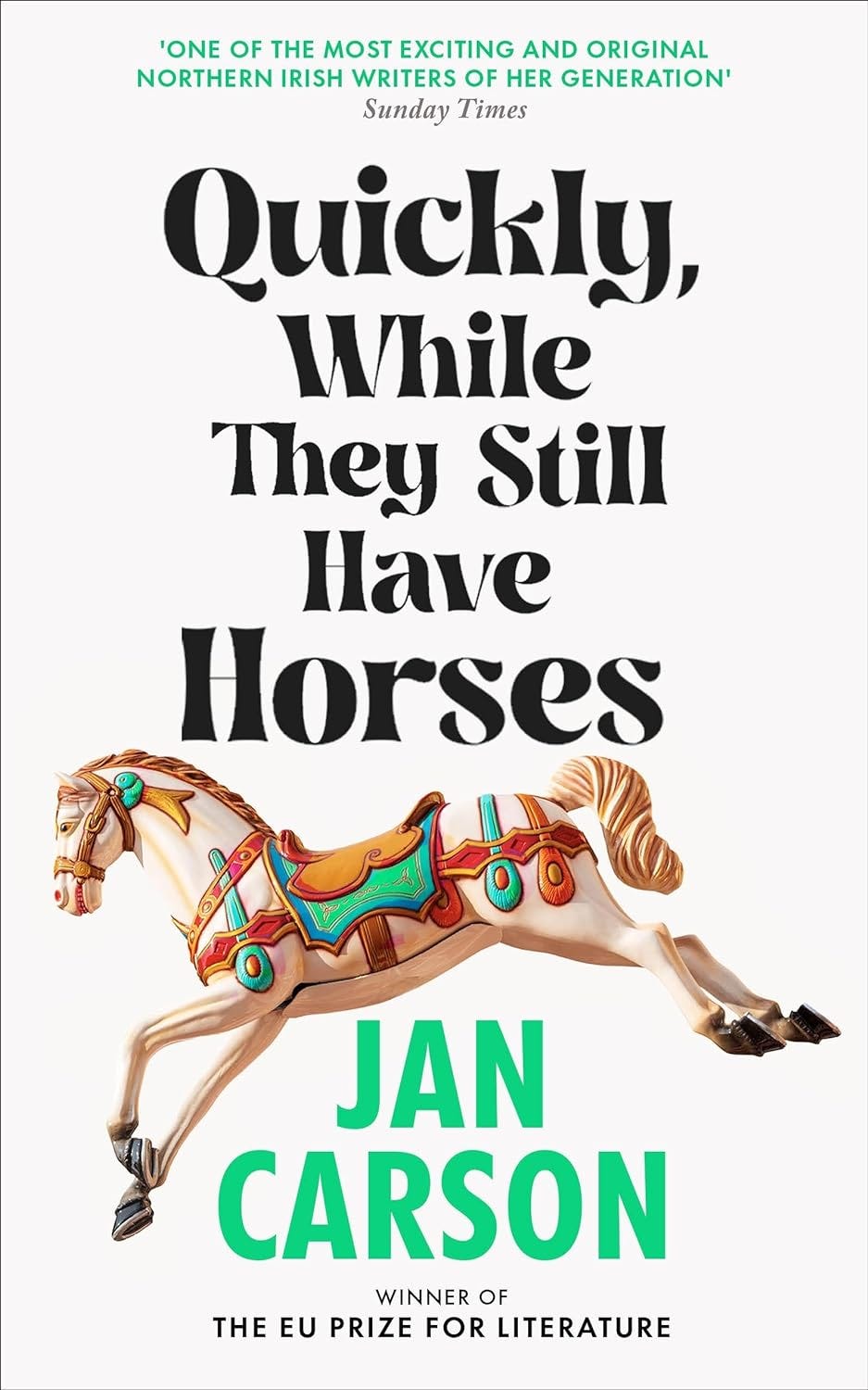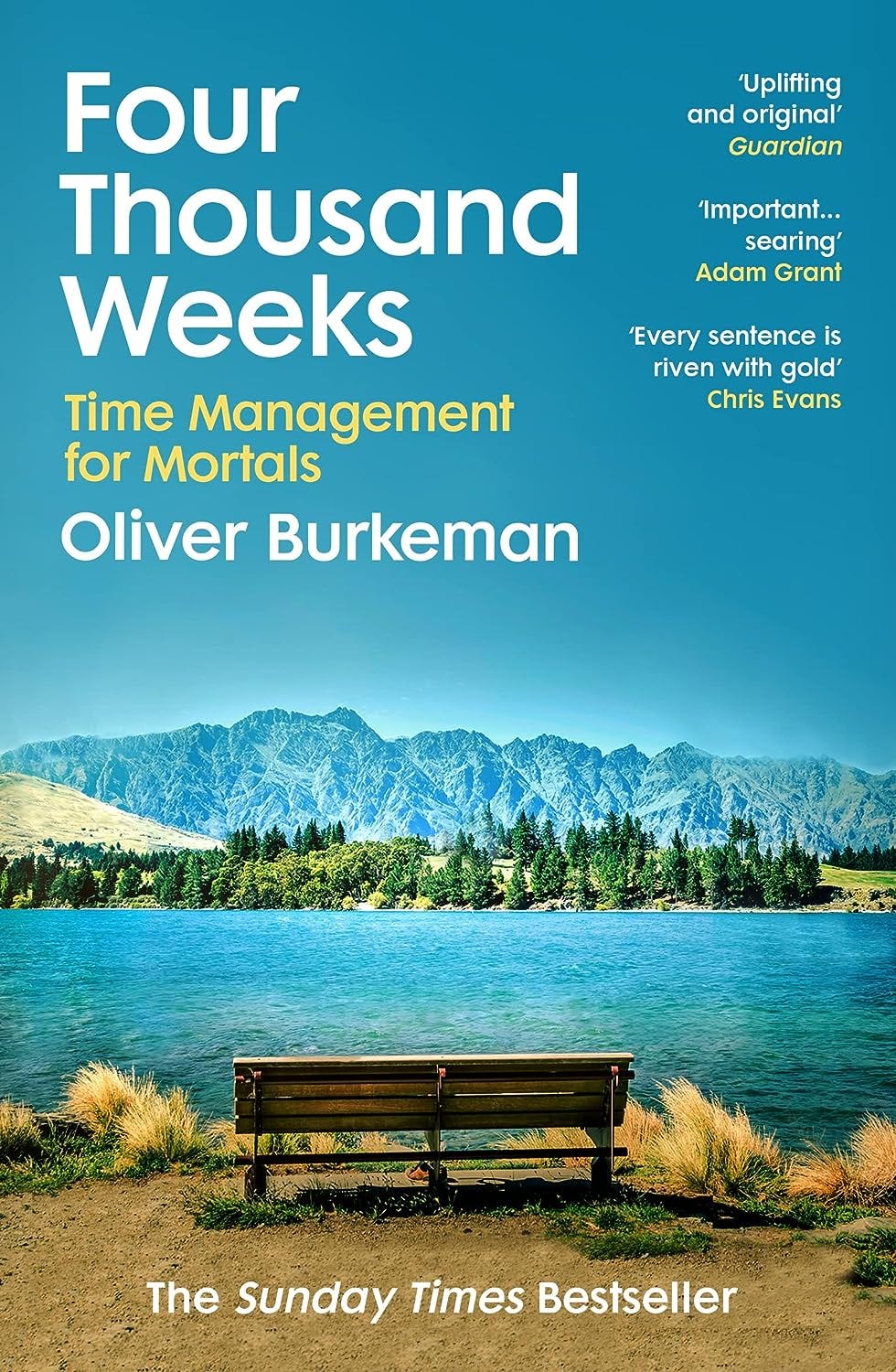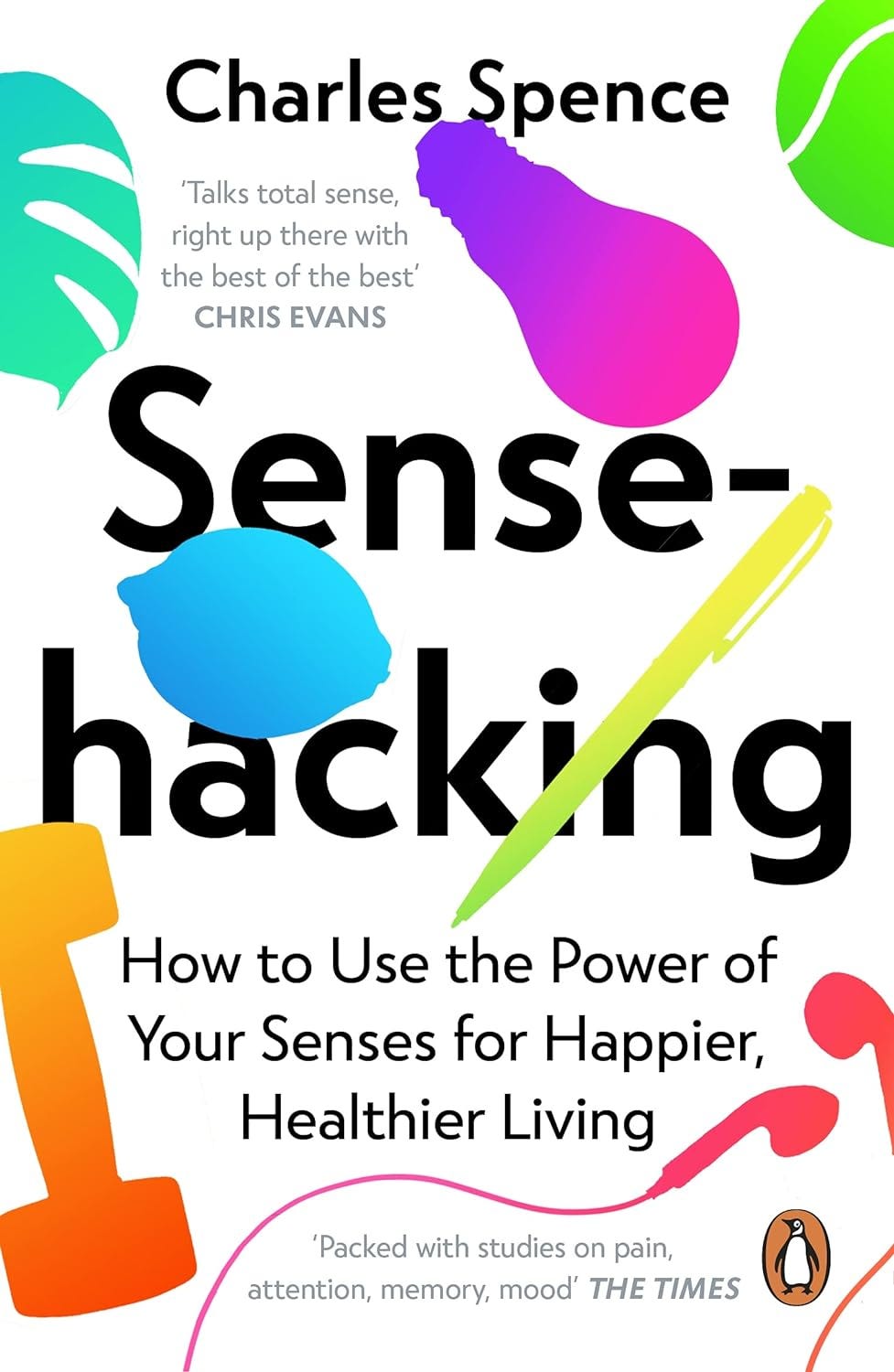May wordy round-up
Thoughts worth thinking, books worth reading
First, something I’ve been thinking about for my B2B clients. How do we work out what emotions potential buyers feel? No easy answers, but I’ve come up with some clues.
Emotional triggers to buy in B2B
Can we agree on this first? B2C copy often addresses the emotions that B2B seems to overlook. I listed some potential B2B buyer fears on LinkedIn, and asked for more suggestions. It made an enlightening list -
Not getting promoted.
Making a bad decision and paying for it with your job.
Fear of criticism.
Facing the unknown.
Professional embarrassment.
Feeling like an imposter.
Worries about keeping your job, plus the car and holidays that go with it.
Adding to your workload, rather than alleviating some of it.
Someone else getting ‘your’ promotion.
Not being able to show ROI or hit KPIs, and therefore having nothing worthwhile to include in presentations to the board.
Having to let one or more of your team go.
Never quite achieving as much as your parents, siblings or spouse, despite trying so hard to keep up.
Anything else you would add?
When you’re faced with complex buyer emotions like these, it makes no sense for B2B messaging to focus mainly on how fast the solution is, or how easy it is to use.
Find out more about B2B fear here.
Is copy psychology an ethical marketing technique?
I often wonder this myself, so explored the question in an article for IPSA Consulting recently. Here’s a snippet -
Copy psychology is all about understanding heuristics (our decision making rules-of-thumb) and the psychological triggers influencing how buyers behave. Some copywriters like me use these insights to create more relatable and persuasive copy.
So is this a marketing technique with integrity?
To me, it's a bit like asking if marketing is an ethical profession. The nuanced answer to both questions is the same - it depends.
It depends on how we use the insights. It depends on the product or service we’re marketing. It depends on the brand values behind the copy.
Read the rest. What counts for ethical marketing in your eyes?
How I come up with taglines
I’ve created taglines for years as part of messaging projects. Usually it all starts with a deep-dive with the business owner, then I do competitor/market discovery, then there’s a lot of scribbling (and walking in the park) batting ideas around my brain.
I’m experimenting to see if I can document my process this month, as I’m working on tagline sprints with three amazing solopreneur women. I’ll share their taglines with you when they’re ready.
Can AI create copy like humans?
For giggles, I prompted ChatGPT to come up with some catchy slogans for various brands. I was researching this post on joyful messaging at the time.
All the AI slogan suggestions were painful. Well, except one - this slogan for Greggs’ pies, which could have legs -
Meaty, veggie, sweety, treaty.
What do you think? If you’re a Greggs-lover, does it hit the spot?
Reading (and recommending) now & later
Are you one of those readers who always has a few books on the go at once?
You’re my people.
At any one time, I usually have one fiction and four or five non-fiction books rattling around in my head. My Amazon ‘Saved for Later’ section usually has about 50+ books lurking in it, although I’m trying to buy more in a bookshop that opened nearby recently.
That same local bookshop recently ran an event (Amazon would never!) featuring the award-winning author Jan Carson. She’s a Northern Ireland-native, like me, writing fiction with a magical twist. I read The Raptures a while ago, and recommended it here in Ink Tank. Now I’ve moved on to her anthology of short stories - Quickly, while they still have horses.
Once you’ve heard an author’s work in their own voice, I find you read their books in a new way. Maybe that’s simply the sign of a writer who has nailed their tone. I can’t read David Sedaris any more without hearing him speak in my head. Jan Carson is gifted at capturing the local wit and turns of phrase from my own place, Northern Ireland. Hugely recommend.
I’ve also almost finished Four Thousand Weeks by Oliver Burkeman. This was recommended to me so many times that I couldn’t resist any longer. It’s given me plenty to think about for my own copywriting career, never mind the life lessons -
“It also means resisting the seductive temptation to ‘keep your options open’ - which is really just another way of trying to feel in control - in favour of deliberately making big, daunting, irreversible commitments, which you can’t know in advance will turn out for the best, but which reliably prove more fulfilling in the end.”
Fans of Playing Big (Tara Mohr), The Fun Habit (Mike Rucker) or Atomic Habits (James Clear) will find lots to inspire.
Next on the pile is Sense-hacking by Charles Spence. Professor Spence is head of the Crossmodal Research Lab at Oxford University, and the research brain behind multisensory perception and design, packaging and branding. You can read his article on eating with our ears here.
I’m primed in advance to love this book, and plan to cross-consider it alongside Ingrid Fetell Lee’s Joyful: the surprising power of ordinary things to create extraordinary happiness. I’ll keep you posted.
What’s on your bookshelf? Feel free to share your own recommendations for future posts.
I’m Sue Moore, B2B Copywriter and Psy-copy® Strategist. I fix words using copy psychology, so you can engage and persuade buyers human-to-human.
🌷 Ready to work on your words?
I create brand voice, messaging and web copy, as well as deep content like white papers. Right now, you can test the waters with a VIP Day.
One Day Copy VIP Day
A streamlined way to get your project up-and-working quickly. You get psychology-driven, publish-ready words, written by an expert, so you can go ahead and sell your stuff. Find out how.





